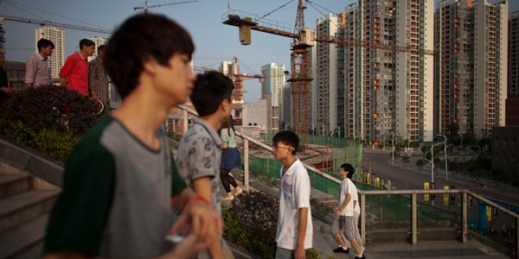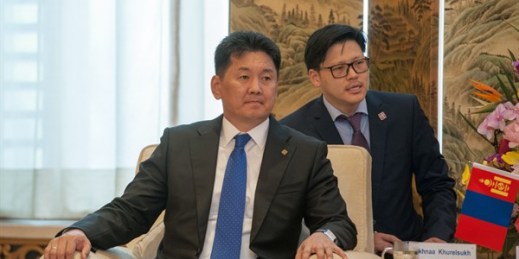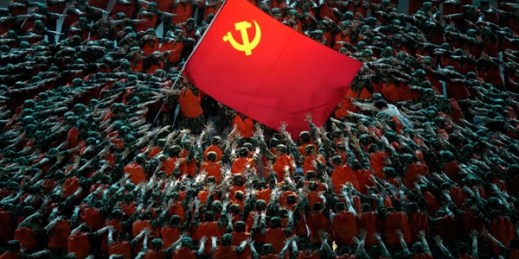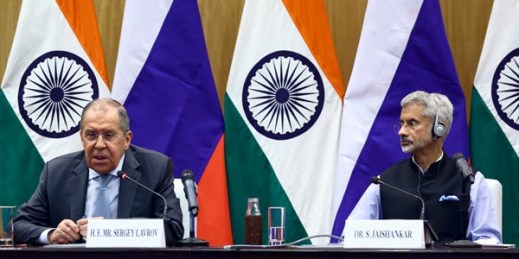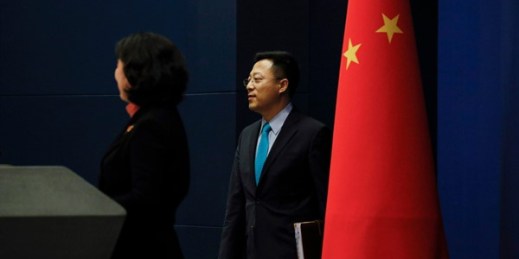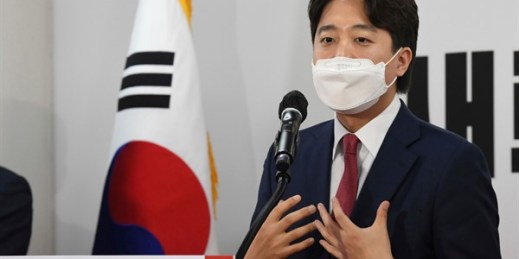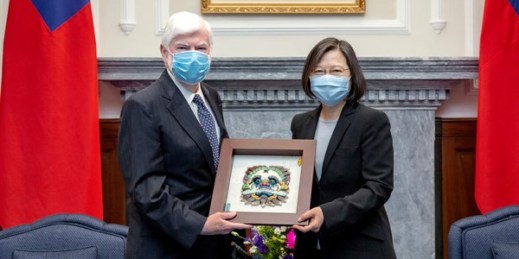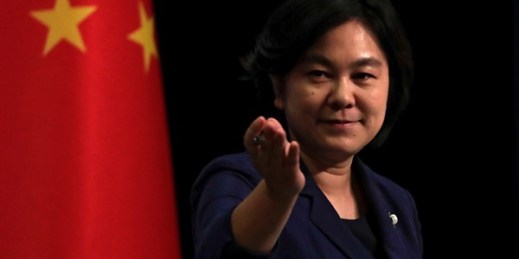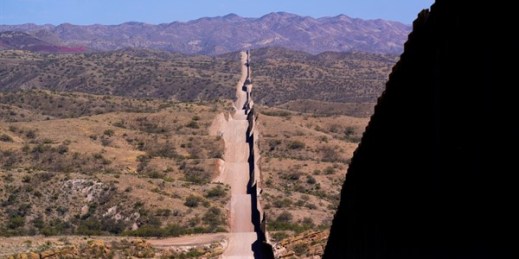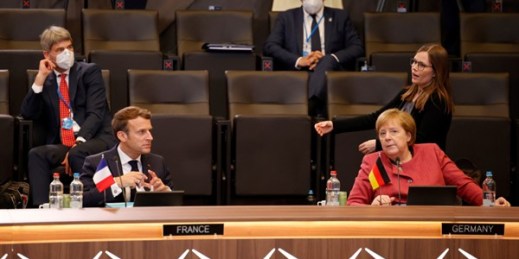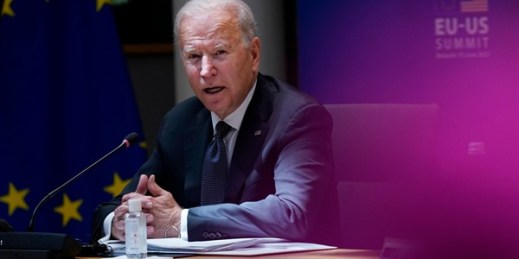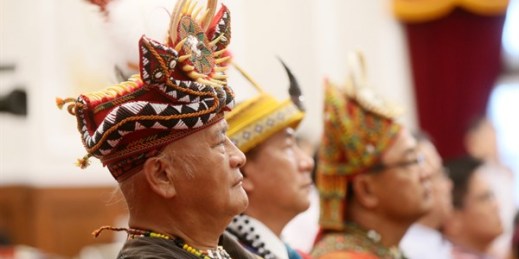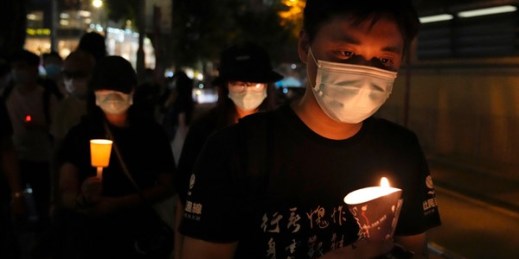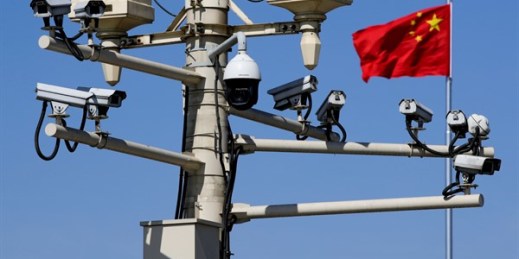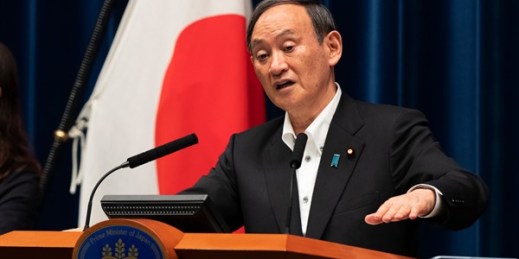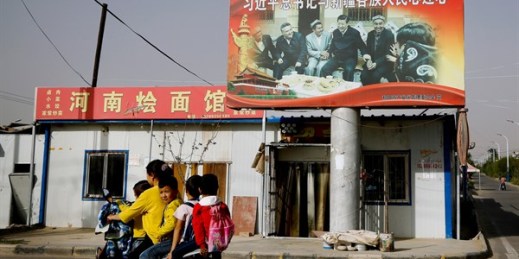
Editor’s Note: This is the web version of our subscriber-only weekly newsletter, China Note, which includes a look at the week’s top stories and best reads from and about China. Subscribe to receive it by email every Wednesday. If you’re already a subscriber, adjust your newsletter settings to receive it directly to your email inbox. If the Chinese leadership hoped this week’s grandiose celebrations marking the Chinese Communist Party’s centennial would deflect international attention from China’s human rights abuses in Xinjiang, they’ll be sorely disappointed. To begin with, the United States introduced fresh sanctions on Chinese silicon over allegations of […]

